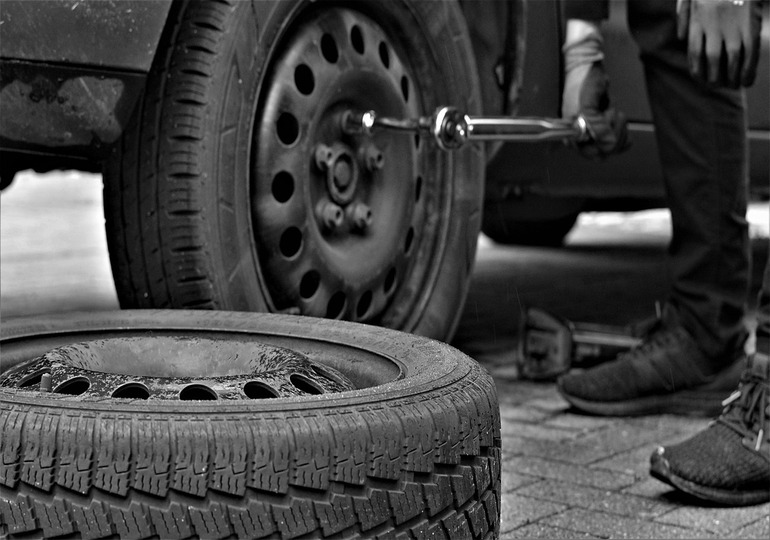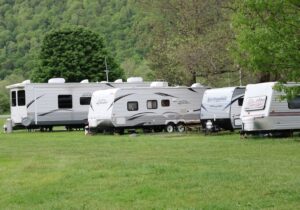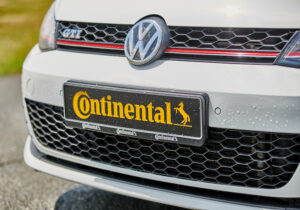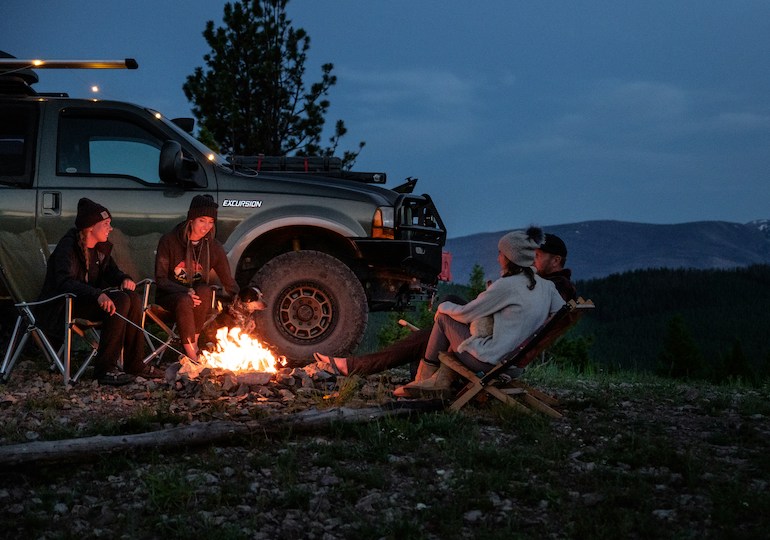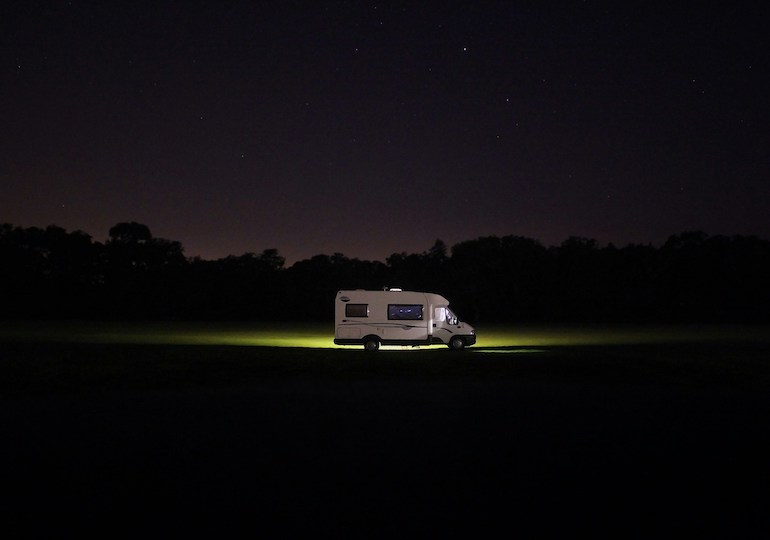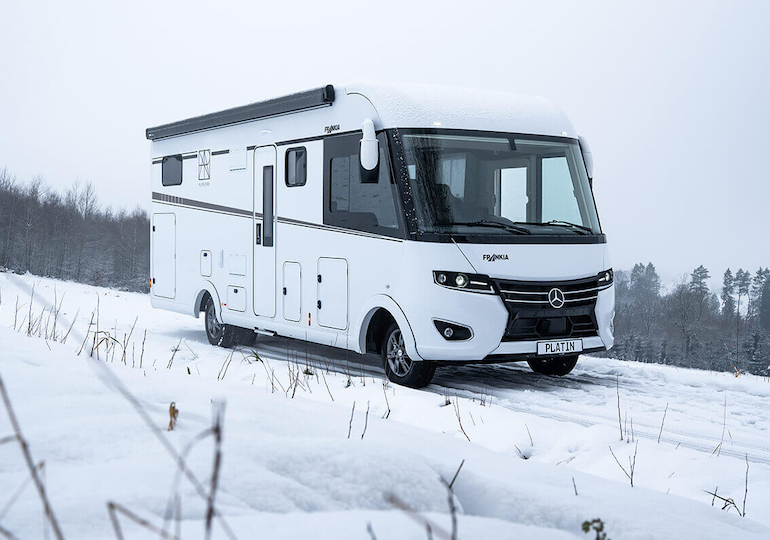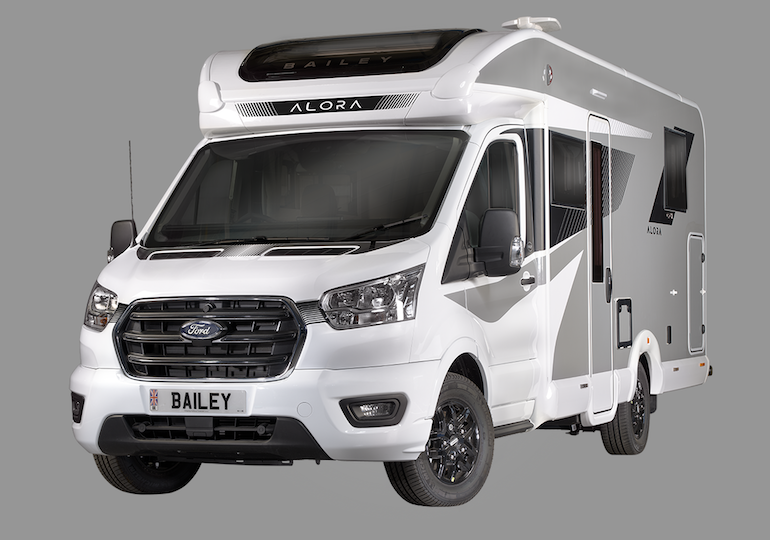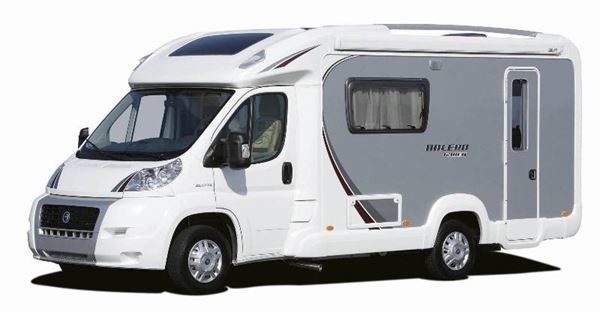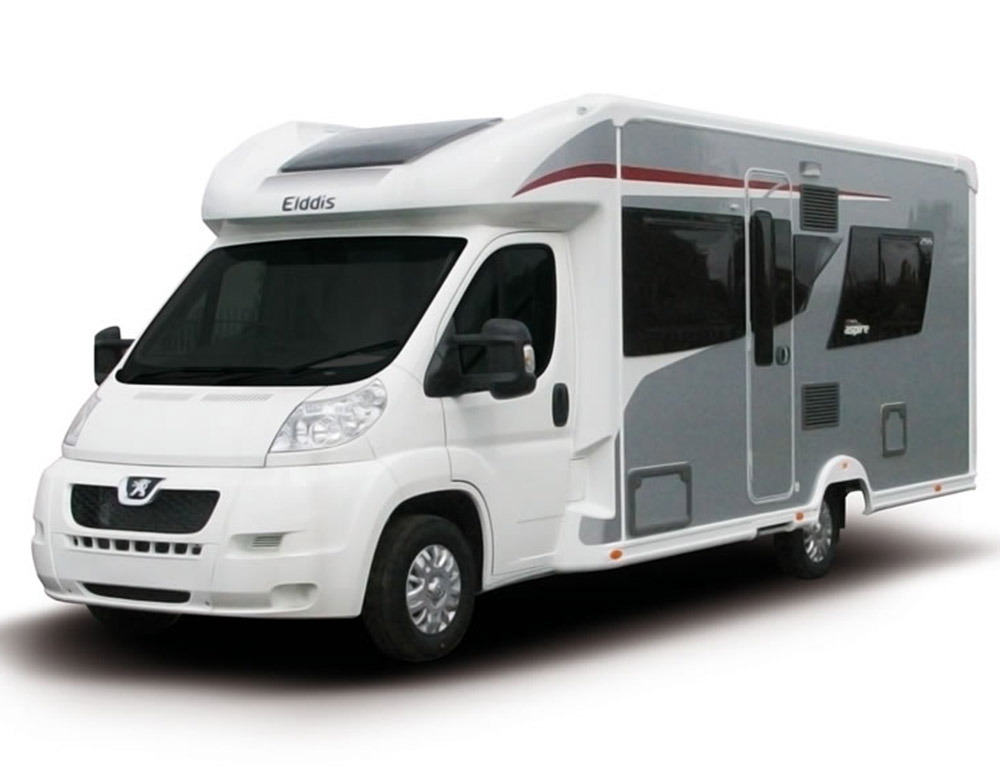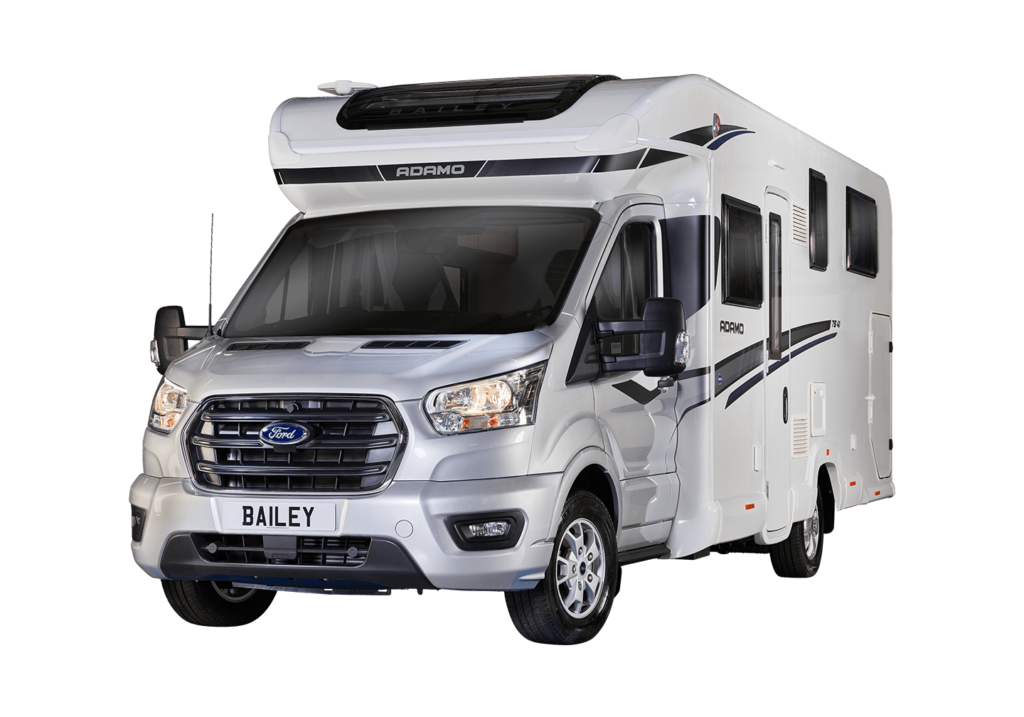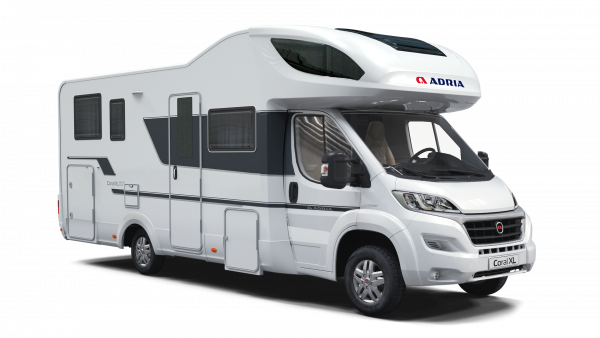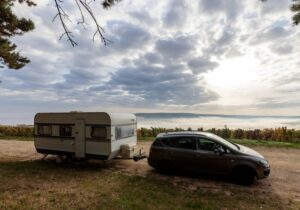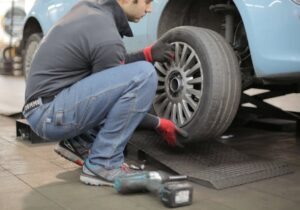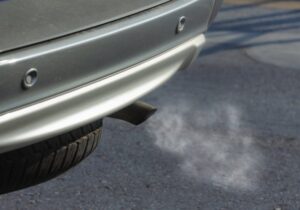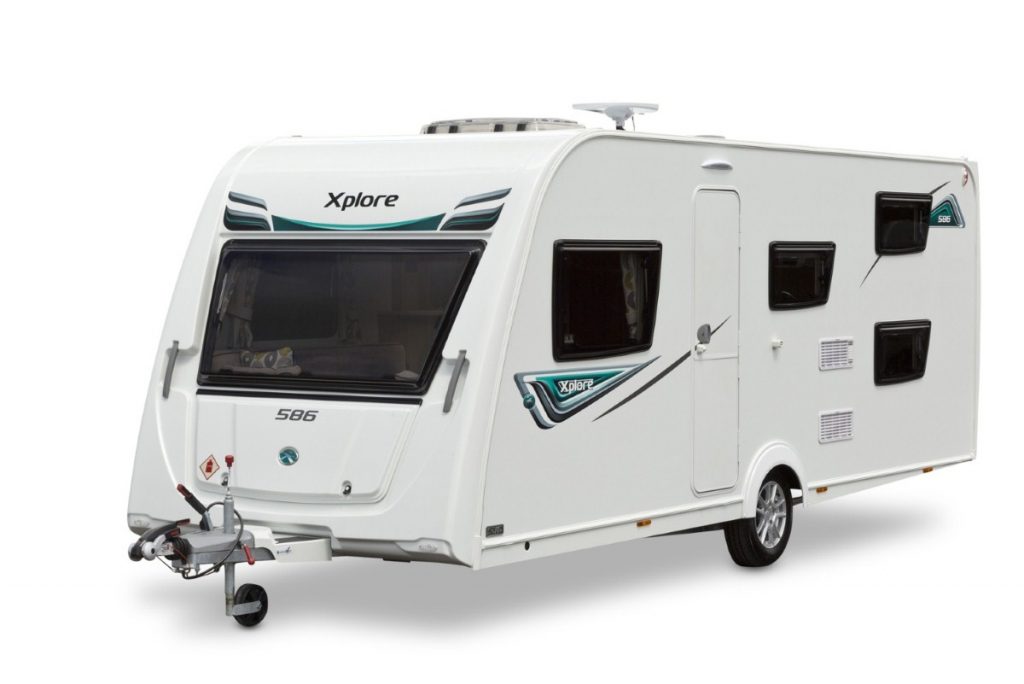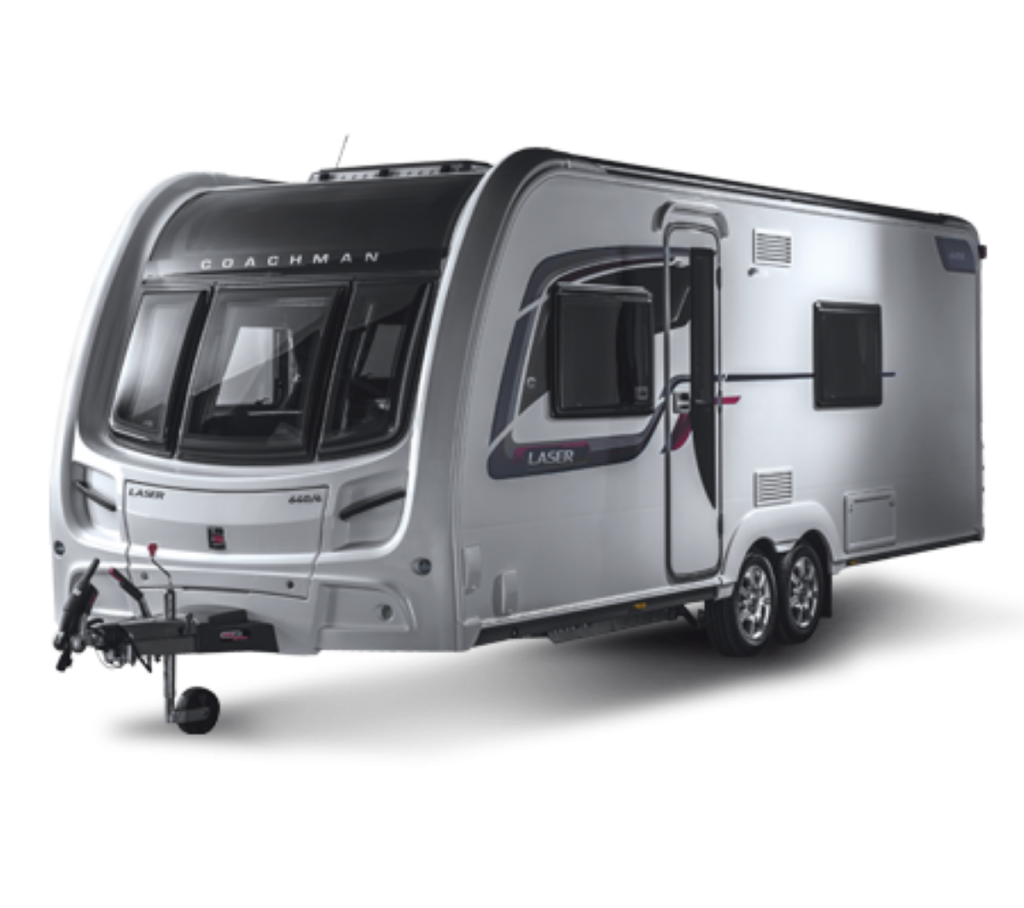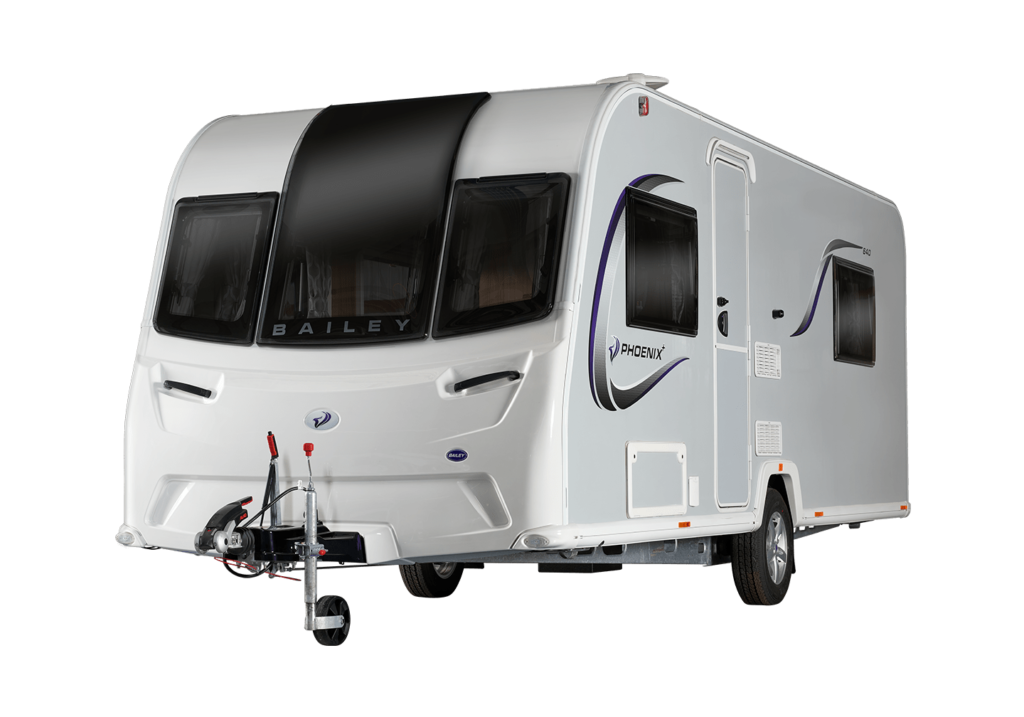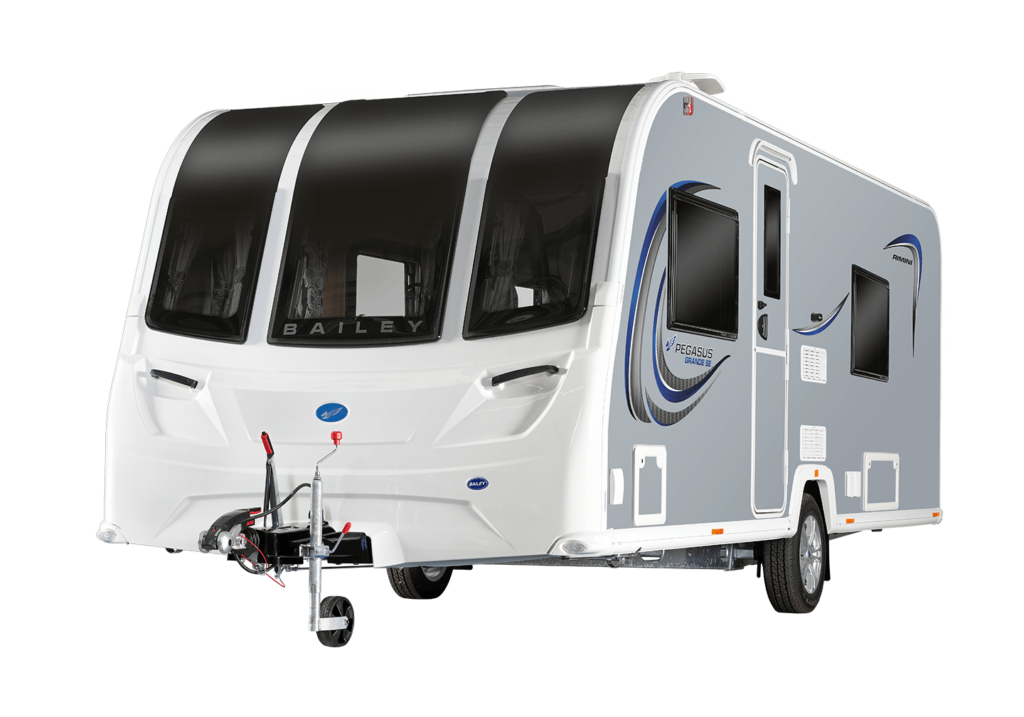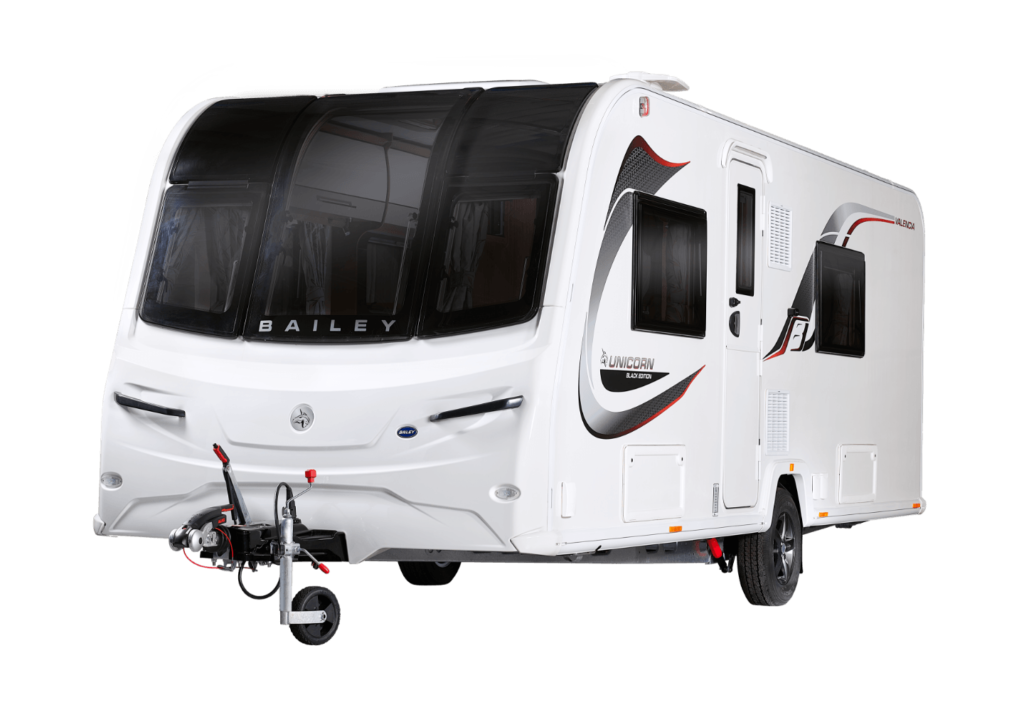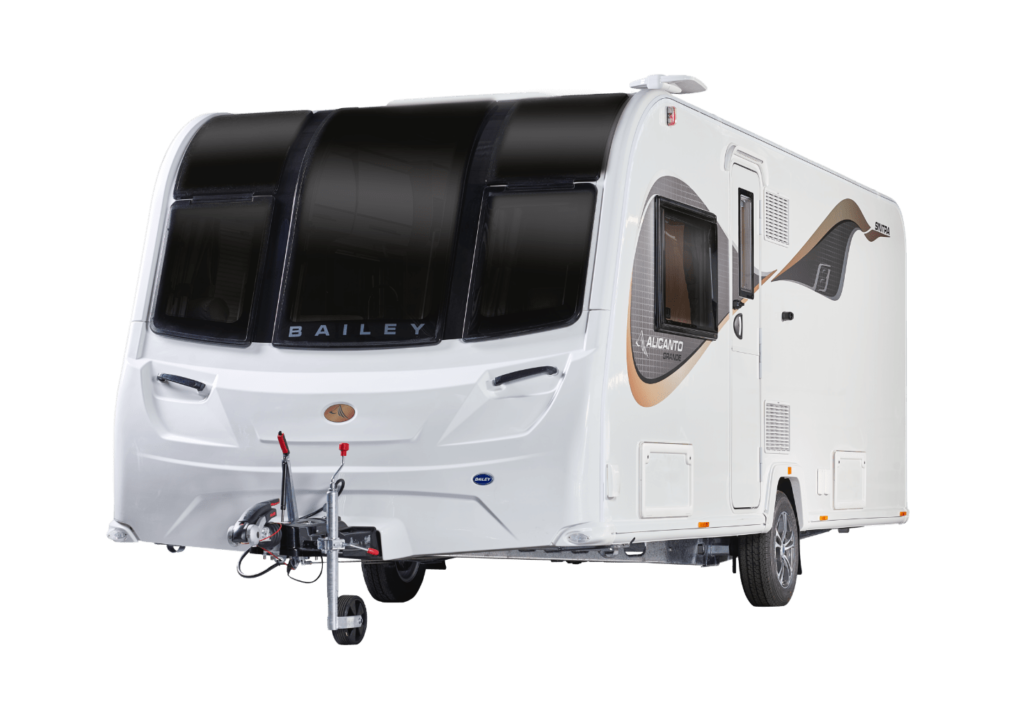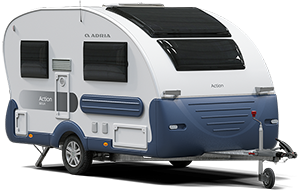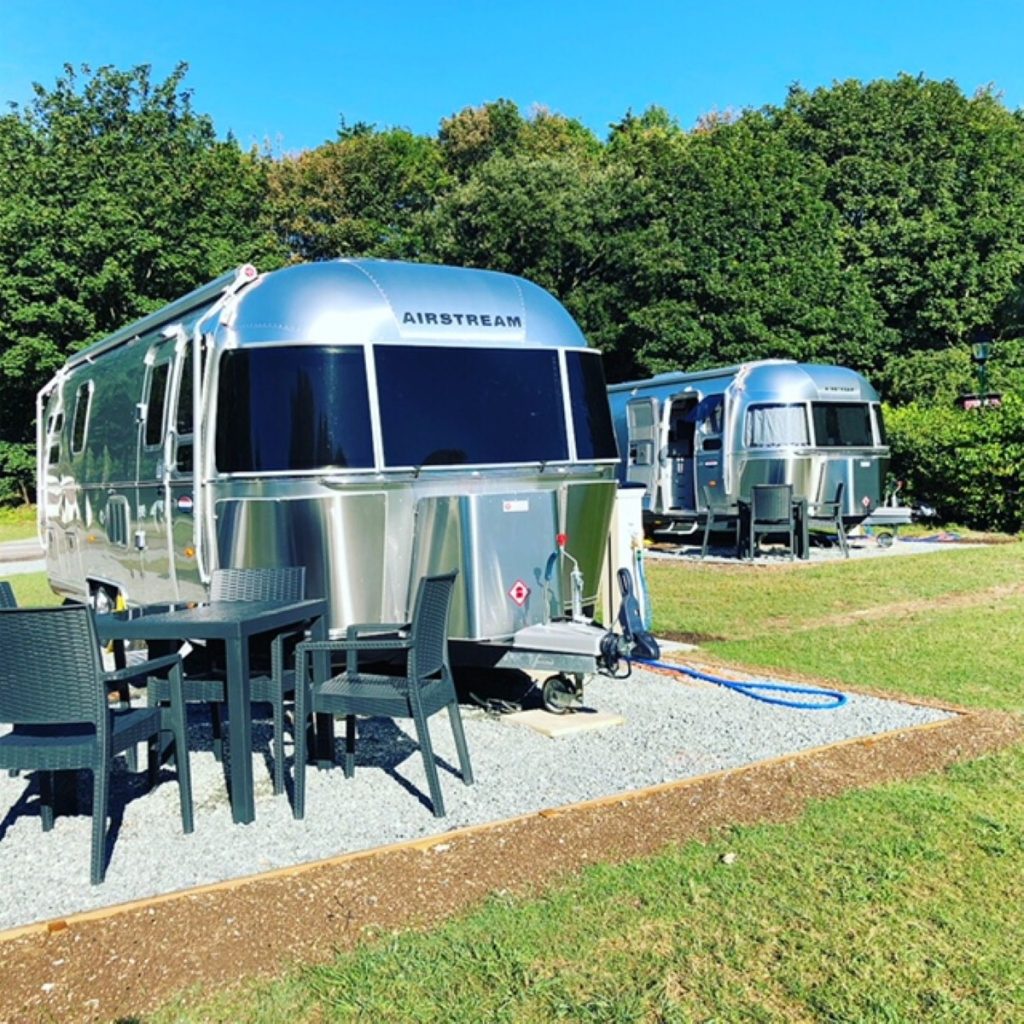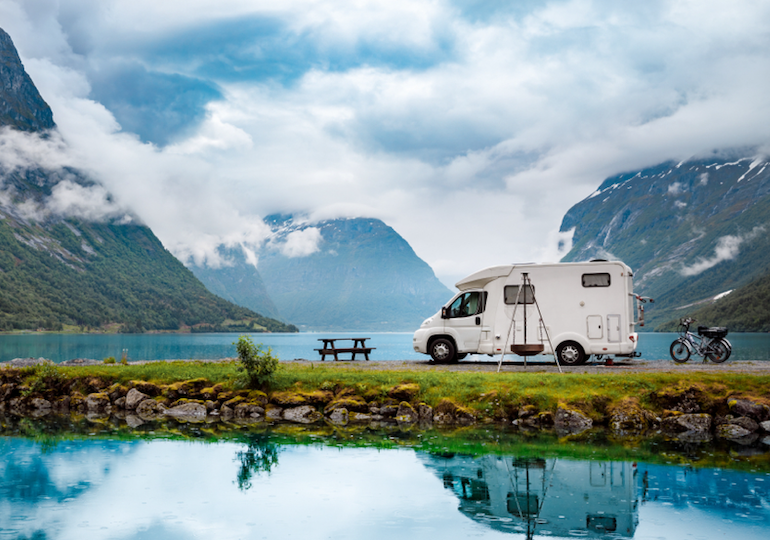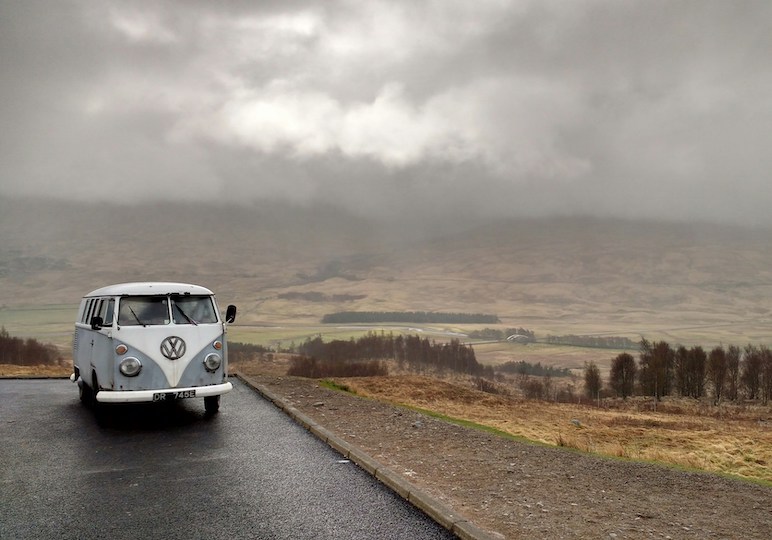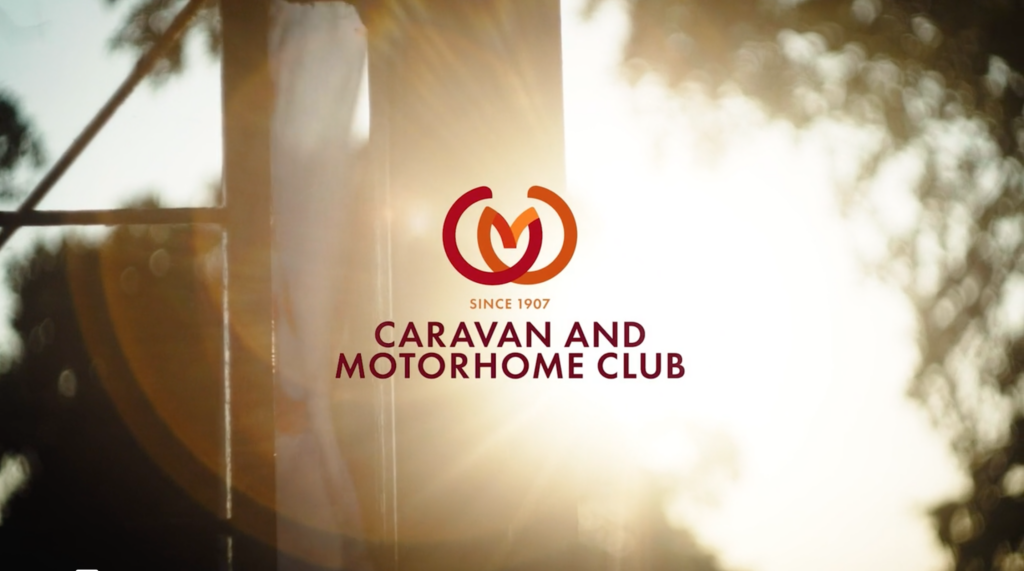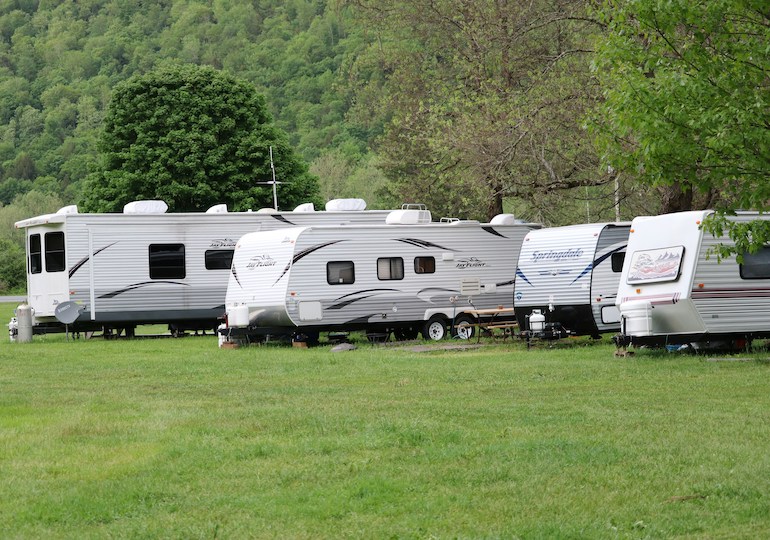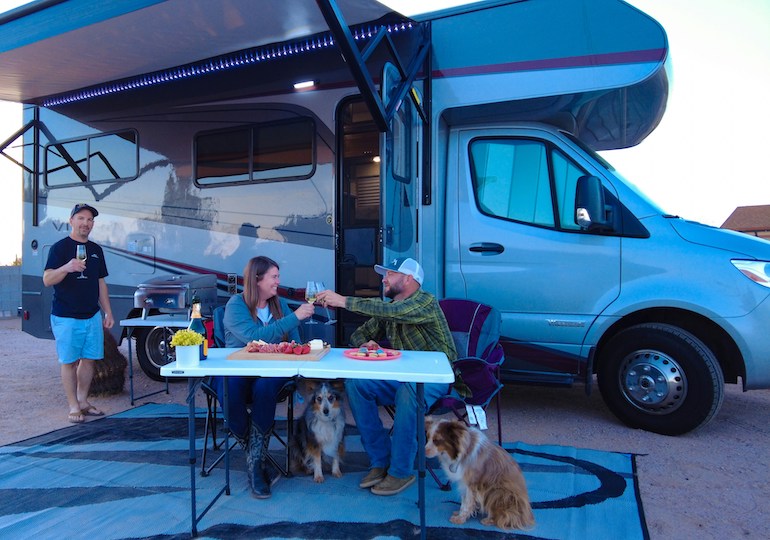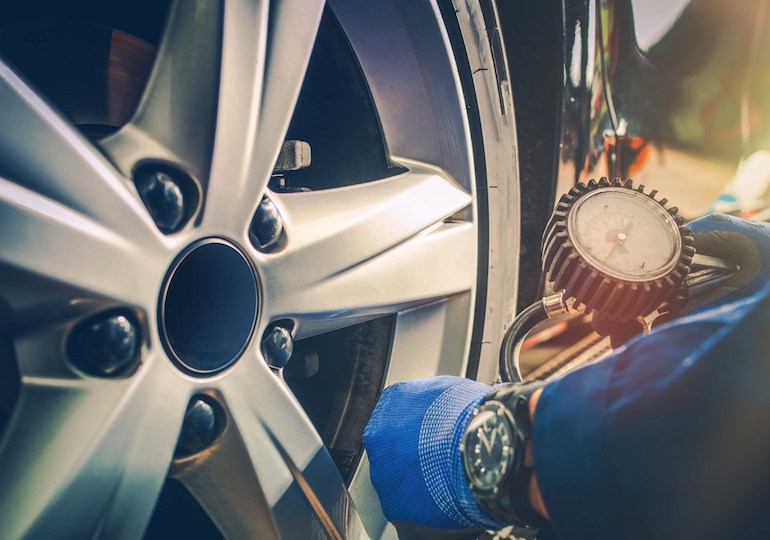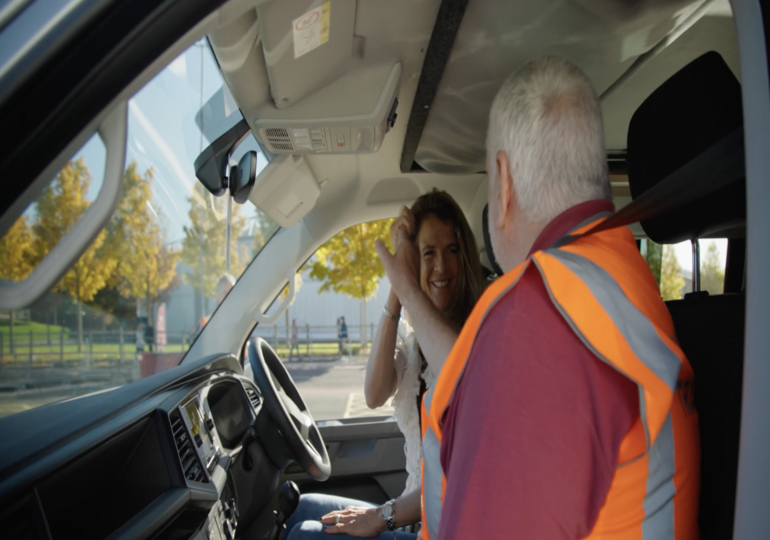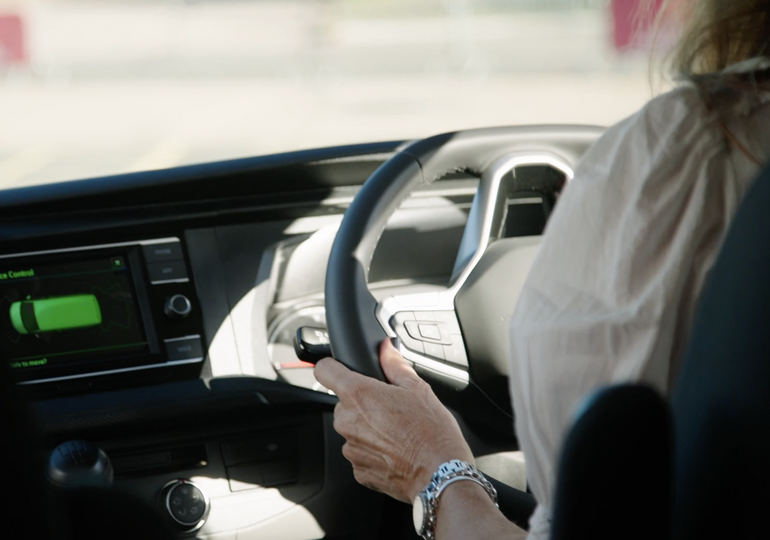Dan Cartwright has over 12 years of experience in the caravan and motorhome industry. He is a judge for a number of prestigious leisure vehicle awards and regularly heads off in his motorhome with his family. Every week, Dan shares his insights with the community. Here’s what he has to say this week.
Leisure vehicles, as I so frequently say, are a compromise. The stresses and strains a caravan goes through during its period of movement can cause issues. So, here are some of the things you should check periodically to make sure everything is safe and any damage doesn’t become a much bigger problem.
1. Snagging
Anybody familiar with buying a new-build property will know about snagging issues. It’s not so bad with leisure vehicles, but they’re certainly not immune from these problems. That’s often why people recommend buying from a dealer or retailer that’s local to you.
However, if you do travel a long way to buy your caravan, it could be worthwhile to try and stay near the dealer for the first night. Often, snagging issues are just simple fixes, like an untightened tap connection or the occasional loose screw. Normally, these are easy to remedy, but it’s important to catch them quickly.
2. Caravan tyres
Caravan tyres are often an issue. The sometimes erratic movement of the vehicle on the road can put a lot of stress and strain on them. Normal tyres are designed to move in a circular motion, under a certain load – when you add side winds, buffeting and skipping across the road, even a brand new one can have issues.
I’d strongly recommend brushing up on your tyre safety to help prevent a catastrophic blowout. It’s also worth noting that caravans don’t tend to accumulate a huge mileage, so while there may be decent tread, it’s good to change them every 18 months to make sure there are no cracks or damages that you can’t see. Finally, always check your tyre pressure before each trip, as recommended in the manufacturer’s handbook.
2.5 Spare wheels
Do make sure to also check your spare wheel. Most caravans produced and sold in the UK will come with one. Tyres go flat at a surprisingly high frequency, so when inspecting tyres, take a look at the spare one as well. Make sure it’s at an appropriate pressure and you have any tools you might need to change them in an emergency, like a jack and a tyre iron.
Just a note – even if you have hydraulic suspension, avoid corner steadies or air suspension that’s not rated for changing that wheel. You’ll break your caravan if you use these to lock a tyre in place.
3. Water ingress
This is different from damp. If your caravan has been in storage with soft furnishings, it can start to feel musty. Water is getting in between the seams of the structural panels on your habitation.
Most modern caravans have some form of water ingress warranty. It’s usually caused by movements in the panels while travelling and if it’s raining, high water pressure is forced into temporary cracks. The best cure is an early diagnosis, which you can achieve by using a damp meter. These gadgets cost about £30 from Amazon and could save you a lot more time and money in the long run. Have a poke around each corner of your caravan every three to six months.
A quick tip: it’s much easier to check damp levels in the material on the outer wall when you stand inside the caravan – you can get a much more accurate reading.
4. Appliance failures
Large appliances, such as fridges and cookers, can cause significant problems when they become damaged. Whilst in theory they can be replaced, in reality, they’re often too big to remove from the caravan. Usually, they’re built into the vehicle during its construction.
Luckily, they’re relatively robust. But do make sure you read the manufacturer’s instructions carefully as some have unique ways to be used. This might include using a particular fuel, especially for gas, so it’s also advisable to observe any maintenance promptly. If your fridge or cooker goes pop, your holiday is probably not going to be so great.
With all of the above, Murphy’s law applies. That’s to say that anything that can go wrong, will. Combined with the law of entropy, this means over time any caravan will break. These are just some of the big-ticket areas you can easily avoid.
Photo credit: Mylene2401 / Pixabay

